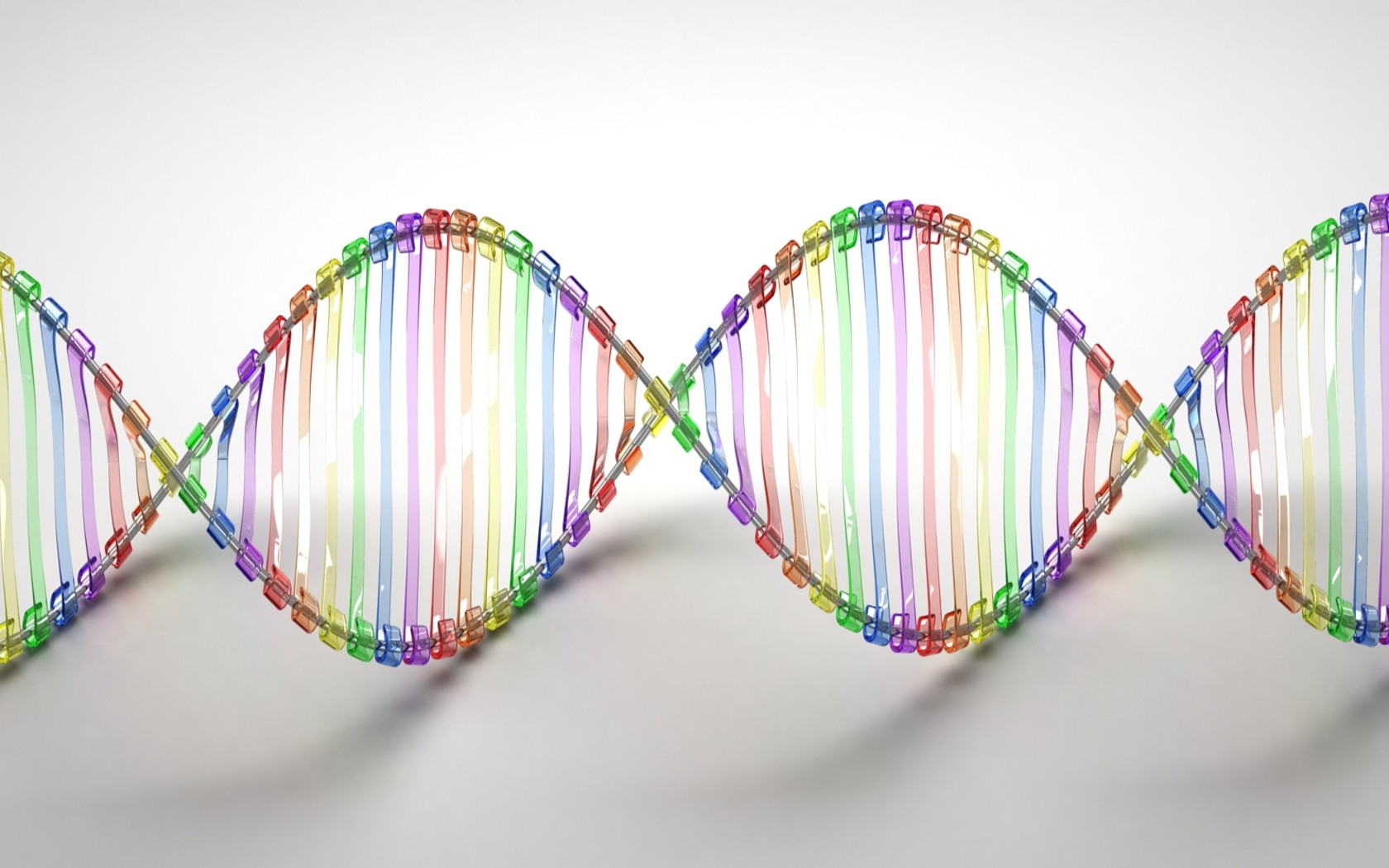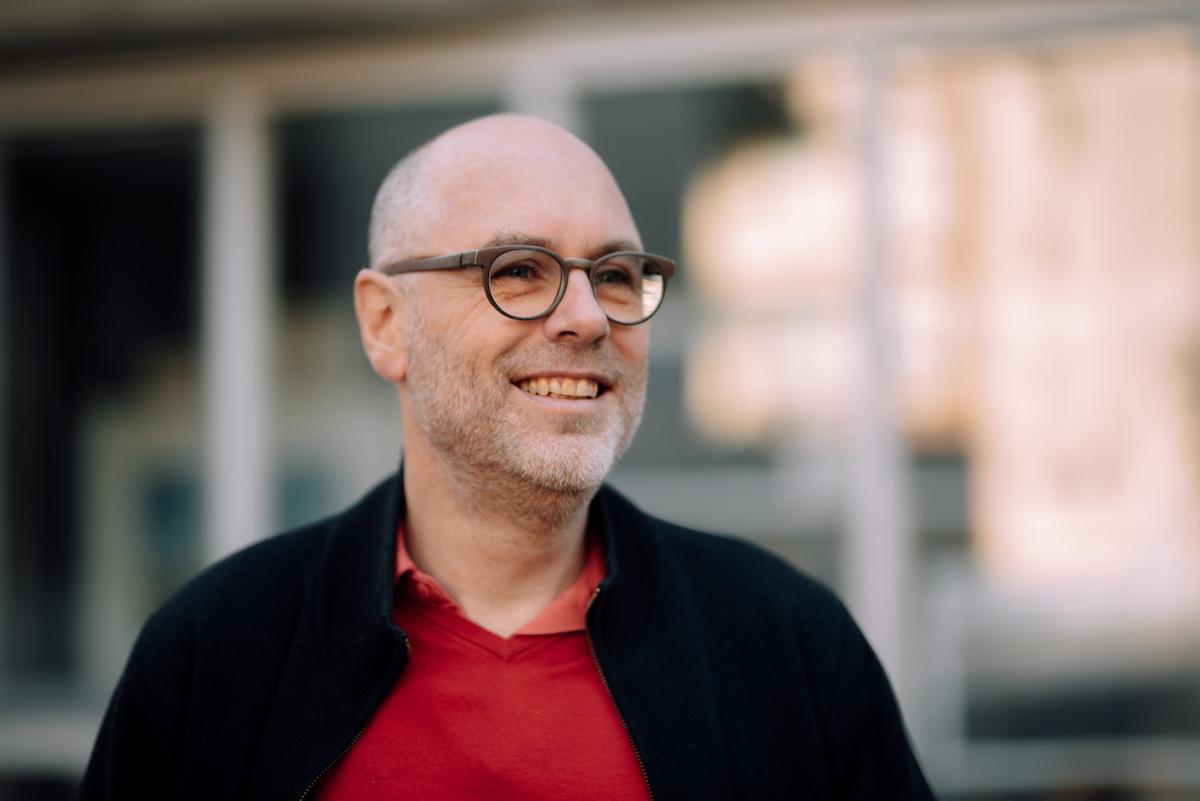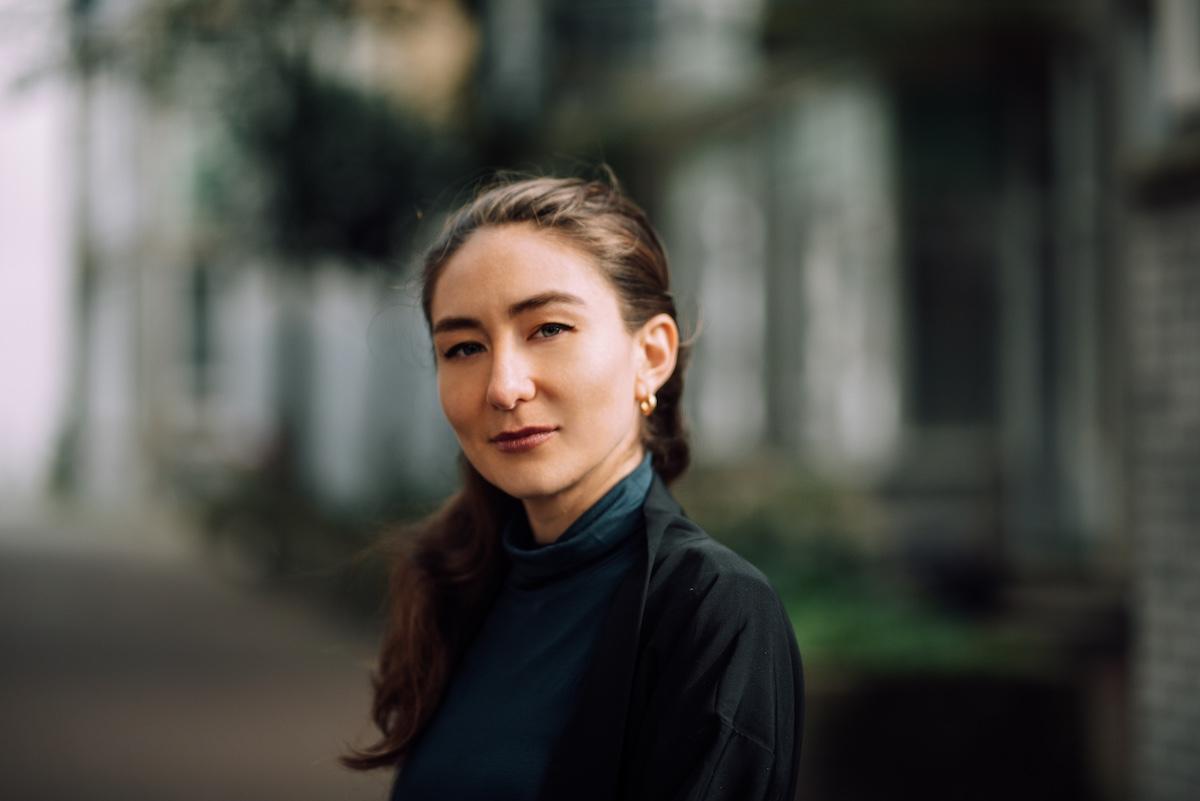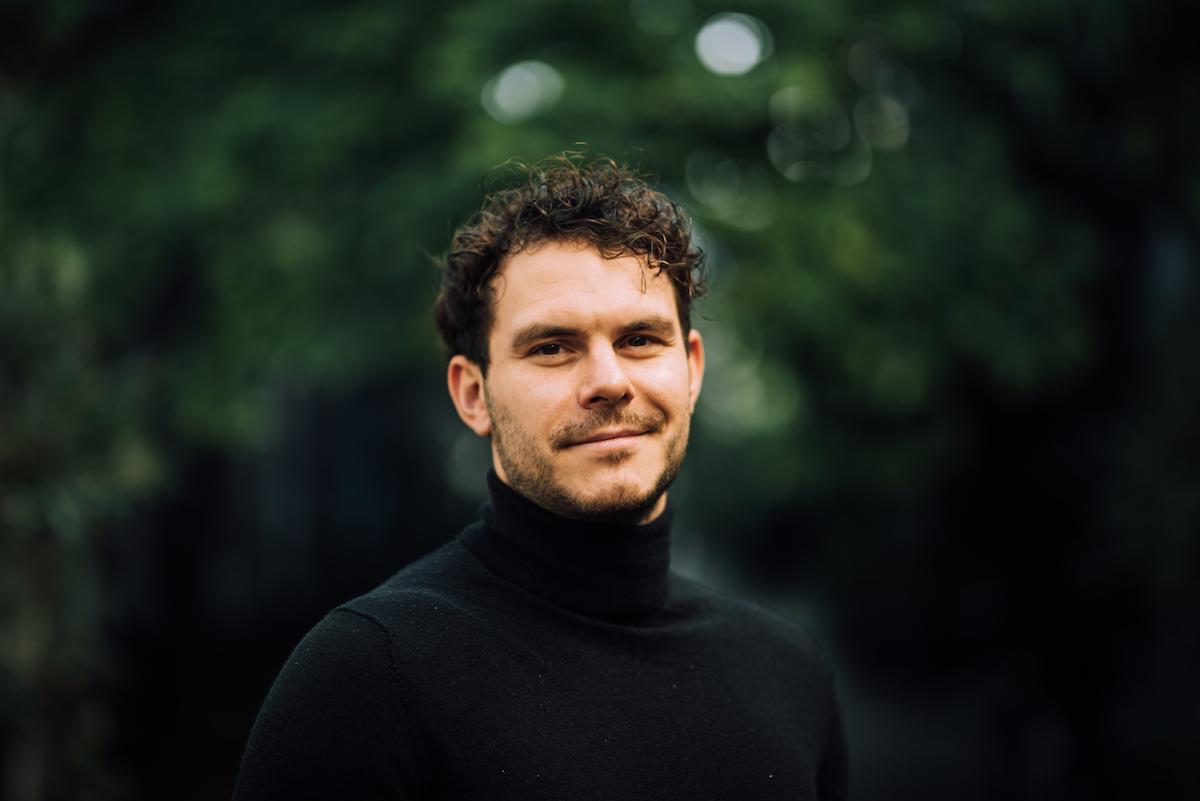One way to address the growing number of questions surrounding genetic data is to view it as a shared natural and cultural resource; a 'common'. Such commons – like the air, forests and groundwater, for example – are managed by the community, according to rules and standards. Placing genetic data in this conceptual framework puts the focus on the public interest that is embedded in it. The genetic commons is relatively new and is rapidly being privatized, not exclusively through consumer DNA testing. This makes research into new management methods for securing and opening up this data an urgent challenge.
To investigate how we as a society can deal with our biological and genetic data, and how this data can be seen as a commons, Waag started the BioCommons project together with the Julius Center of UMC Utrecht and Carelliance. The project aims to develop knowledge in three areas:
- The legal-ethical foundations for the collection and sharing of biological datasets.
- The technical design of providing access to genetic data.
- The action perspective of the civilian.
This research is part of Waag's Open Wetlab and Commons Lab.






